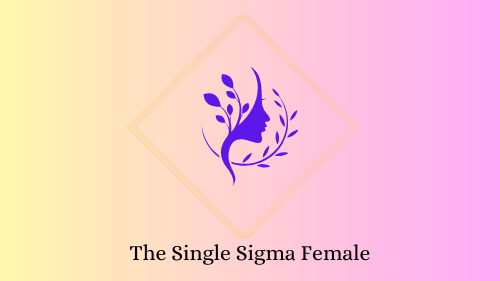I’ve always felt like hope has a fine ring to it. As if it’s a fellow friend to turn to for encouragement and during times of hardships. According to Oxford languages, hope is the feeling of expectation and desire for something particular to happen, or wanting something specific to happen or be true.
Isn’t it true that hope is commonly used to soothe the self and others? Hope can be a way of emphasizing optimism to the unknown, as when facing a novel situation, entering new territory or on to the future. I believe most would agree that hope can feel good by creating positive boosts or adding brightness to our outlook on what’s down the line. Here’s a few examples of what I came up with when brainstorming the function of hope. It can help us:
-Power through hard times by giving permission to see and feel glimpses of light
-Fuel the ability to keep going
-Hold on and persevere when there’s seemingly nothing else
-Tackle fear or distrust steaming from uncertainty
-Provide upliftment
-Attribute positivity to current negative experience/events (by giving the impression it will have positive meaning later on)
-Persuade one into viewing anything in a positive light
This all sounds lovey-dovey right? However lately, I’ve begun side eyeing hope, wondering if it’s really our friend or foe?

Most would be aware of the distinction between false hope and hope. From a quick google search I found that false hope is based on ignorance or the unrealistic. Regular hope on the other hand, is reasonable and probable. My interpretation of “plain” hope is that it’s perceived to be anchored in reality and not far fetched. How one would draw a line between false hope and regular hope is beyond me and seems to be somewhat of a subjective matter. While the fools paradise (false hope) has a negative reputation, what about plain hope? Is it really what it’s cracked up to be?
Upon reflection I realized that hope for me personally, has often served as a stalling or prolonging mechanism rather than a supportive one. What I mean is it’s kept me trapped in negative loops. When I’ve felt like giving up, hope swoops in and keeps me overgiving in time and effort for nothing. The problem with hope is the smoke and mirrors effect it can have. And I might add, this has occurred in relation to outcomes seemingly “reasonable” and “probable” (from my own and close ones perspective). There are other times where hope wasn’t involved and what I desired and more did manifest. So that leads me to the question, what’s the point of hope?
At a closer look, hope doesn’t seem to affect the potential outcome, only the moments preceding. So one in other words, one could assume hope can affect a current perception (pleasantly) based on a non-existing carrot. Could one go as far as to say hope is a cover up of reality? Hope seems to bypass present feelings and perceptions by focusing on that which is not present. With this logic, hope is beginning to smell a bit like escapism or denial to me, having a similar function as antidepressants where nothing is actually resolved; it only dampens negative emotions in the now…

Does this imply hope is bad? Not necessarily. In lives where hope is used as a chronic coping mechanism to deal with a certain area/s of life or overall, then hope is possibly not beneficial. Implementing hope excessively could be viewed as avoidance. If an individual has made it a habit to duck from observing, experiencing and accepting present life and chooses to live from a place of what’s desired (which is not present) negative effects are to be expected. This can lead to certain issues not being felt, resolved, healed or let go of.
However, during temporary phases and situations then perhaps hope does serve a good purpose, offering a life line by allowing the individual room to breathe and lighten. I have a difficult time imagining hope in moderation having a damaging impact.
Lastly, is hope our friend or foe? I’d reply hope is the friend always telling us what we want to hear rather than what we need to hear, their influence on us depends on how much and often we rely on them.


Leave a comment